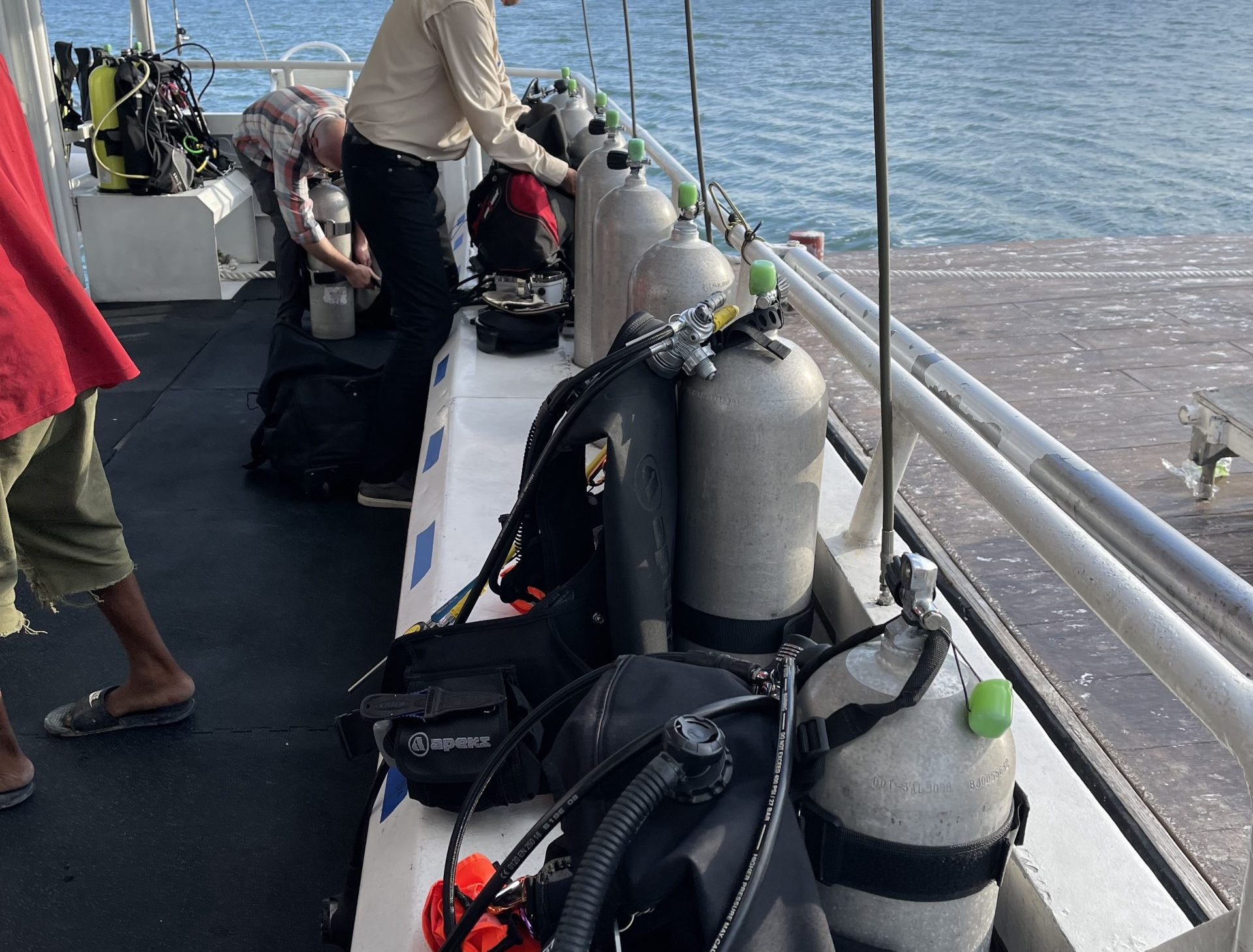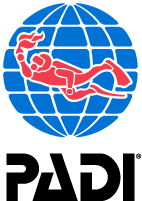No products in the cart.
What You Need To Know Before You Get Your PADI Open Water Certification


The PADI Open Water Certification is a great way for those interested in scuba diving to gain the knowledge they need to start exploring the world beneath the waves. Let’s discuss what you need to know about the course and how it is structured so that you can have the best experience possible when taking your open water certification course.
I tell my students that the PADI Open Water Certification is designed on purpose to go from boring to ZOMG! Here’s what I mean.
- Boring but necessary
The Knowledge Review is all slide decks, quizzes, and tests) - Hey this is kinda cool
Confined Water is when you get your first taste of the superpower of breathing underwater - ZOMG, How did I live without this?!?
By the end of your Open Water dives, you’ll be wondering how you lived this long without scuba diving.
Let’s take a look at how the course is structured and what you as a student can expect.
Part 1: Knowledge Development
Knowledge development is what we call the “bookwork” portion of the class. There are two ways you can do the bookwork portion of the PADI Open Water Certification course.
In-Person
When you sign up for the PADI Open Water Certification, if your class will be in person, you are given a book and DVD. Before class starts you have to watch the DVD, read the book, and answer the questions at the end of each class
Traditionally the knowledge review is done in person in a classroom with your instructor. How long the review takes depends on your instructor. Some instructors spread it out over a few nights. When I took my PADI Open Water Certification course in Nashville, TN, my instructor broke it up over 3 nights in one week; 2-hours per night. Since it was still too cold to dive, there was no hurry.
When I am instructing down here in Palm Beach County, Florida, we can dive year-round. Some of my students take their vacation to come down and get certified. Because of this, we do the entire bookworm session ins a single evening.
Regardless of the schedule selected, it takes between four to five hours to complete the traditional knowledge review session and take the test.
Online
These days students have another option, online. PAD has put all the materials and videos online in a well-thought-out course that will walk you through the materials. Each section has a quiz, and at the end of the online course, you take the final test.
Taking the course online means that you can proceed at your own pace. You control the schedule. You still have to show up for a Knowledge Development session but it is usually a time to answer any questions you may still have and then take a simple 10-question quiz. As an Instructor, I’ve offered to students and have them take me up on it, to start their Confined Water session a little early and finish up the Knowledge Development section. This is a real boon for students traveling from outside of the area.
Part 2: Confined Water Training
In a lot of places, this is called “Pool Day”. PADIs standards do not dictate that it has to take place in a pool but the body of water it takes place in has to have “Pool like conditions”.
During Confined Water Training students will complete 5 “dives”. A dive is a group of skills that have to be mastered by each student before moving on to the next dive.
Confined Water Training, like Knowledge Review, can be done all in one day or it can be broken up over several sessions. Students should ask about the schedule before signing up for a class.
Again, my Open Water Certification took place over two nights, but my current training style is to do it all in one day. I prefer the all-on-one day but it is a long day in the sun. Some students may not be comfortable spending sit to eight hours in the sun.
Part 3: Open Water Training
The Open Water Training portion of the PADI Open Water Certification consists of 4 dives. Because of this, it has to be broken into 2 days. PADI standards state that students are not allowed to participate in more than 3 training dives per day.
In Nashville, TN, I did my Open Water Training dives in a quarry. The water was 69 degrees. Even with a 5mm wetsuit, it was cold. I’ll be honest, the second day, it was hard to get myself going because I knew what the water temperature was.
Here in Palm Beach County, FL the most popular spot for the Open Water Training portion of the PADI Open Water Certification is the Blue Heron Bridge in Rivera Beach, FL. It’s a great spot, the water is usually clear, it’s shallow enough (the deepest spot is 21ft) and it’s just a beautiful site to dive.
We break it up into 2 days. Each day consists of 2 dives that range from 20-30 minutes each.
Once you are finished with Dive 4, all that is left is the paperwork. You’ll fill out your log book and then usually it’s handshakes and backslaps all around.
Part 4: Beyond Your Open Water Certification
A lot of people think that getting their PADI Open Water Certification is the end of their learning. For some, it is. That gives them everything they need to dive the sites they want to dive.
Some students however want more.
- They want to go deeper
- They want to investigate wrecks
- They want to master their buoyancy
- They want to be better-prepared scuba divers
For those divers, the next step is the PADI Advanced Open Water course. The first thing you notice about Advance dOpen Water is it is a lot less about bookwork and a lot more focused on diving. Yes, there is a knowledge development session but it’s going over the material you’ve already learned. There is no test involved in the end. Then it’s 5 dives over a minimum of 2 days. In the end, you know more, you have more training, and you can dive more confidently.
Wrap Up
There are several scuba certification agencies available to certify new divers While I prefer PADI, all of them are good. If you are considering one of the other agencies, find an article like this that tells you what you should expect during the class. Being prepared is the best way to make sure you have a good experience.

Join Our Mailing List For New Scuba Divers
If you like this tip for new scuba divers, join our mailing list. You’ll get a new tip delivered to your inbox each week. Learn to dive confidently!